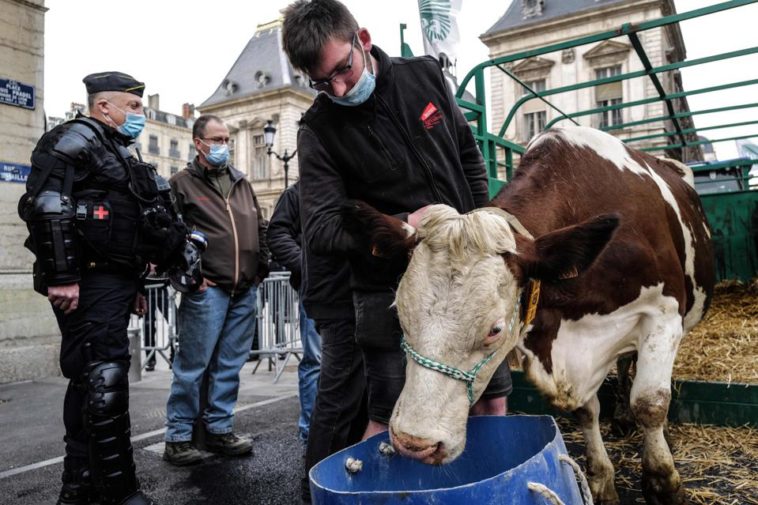This Is How Dire Weather Illustrated The Importance Of Social Determinants Of Health
“Social Determinants of Health” (SDOH) are broadly defined as “conditions in the places where people live, learn, work, and play that affect a wide range of health and quality-of life-risks and outcomes.”
This past month has been extremely challenging for millions of Americans with regards to SDOH, given the significant weather and energy challenges encountered. Texas was especially hard hit, as millions of Texans faced dire power outages and/or water supply issues due to freezing temperatures and energy generation issues. Government leaders are trying to restore the lives of millions affected, including providing relief aid to communities such as basic food and water supplies, housing for those facing flooded homes, and other resources as needed.
President Joe Biden approved a major disaster declaration for the state of Texas last week, making the federal government’s resources available to those affected. The declaration states that “Assistance can include grants for temporary housing and home repairs, low-cost loans to cover uninsured property losses and other programs to help individuals and business owners recover from the effects of the disaster.” President Biden is also expected to visit Texas in the coming weeks, as aid efforts get underway.
Unfortunately, this experience has provided the world with yet another vital case-study in the value of addressing SDOH. Namely, as Texans and other Americans across the country were quickly plunged into an uncontrollable situation, all measures of good health went out the window. Without power, heat, running water, and for many, a viable place to seek shelter, the concepts of healthy lifestyle and preventative medicine were quickly forgotten—instead, people had to prioritize survival.
This included measures to prevent Covid-19. Many communities in Texas opened up warming centers for those without heat. Even with social distancing measures, temperature checks, and mask compliance, true social isolation was not possible. Experts are fearful that this may lead to a surge in coronavirus cases in the coming weeks. In a congruent aspect of the fight against the pandemic, the weather challenges also severely hampered vaccination efforts in the state. Timelines for deliveries got pushed back, vaccination appointments were cancelled as health centers closed due to the freezing weather, and ultimately, strict parameters on vaccine storage and expiration were likely not met due to the situation at hand.

HOUSTON, TEXAS – FEBRUARY 20: Pallets of water sit on the side of the road during a water … [+]
Getty Images
Therein lies the importance of SDOH. Millions of Americans face these challenges on a regular basis, day after day— including lack of access to food, running water, living wages, and proper housing conditions, to name just a few. Studies continue to repeatedly indicate that addressing SDOH is among the most important pieces in quelling the growing healthcare crisis in America. As the American Academy of Family Physicians explains, “[SDOH] have a greater impact on population health than factors like biology, behavior, and health care. SDoH, especially poverty, structural racism, and discrimination, are the primary drivers of health inequities. Reducing health inequities is important because they are pervasive; unfair and unjust; individuals affected have little control over the contributing circumstances; affect everyone; and can be avoided with existing policy solutions.”
The logic behind this is intuitive: if patients are struggling to make ends meet at home, how can they prioritize their own health? If a patient has to choose between filling out a prescription for blood pressure medication or putting food on the table, how can they be expected to prioritize the former? How can patients that cannot afford to miss a day of work and also have no access to childcare be expected to make routine and frequent visits with their primary care physician? Similar to what affected Americans encountered and experienced this week, prioritization of needs is critical, and viable healthcare outcomes can only be achieved when certain parameters for quality of life are met.
Indeed, this is why the conversation around SDOH is becoming prevalent in the medical community. Industry leaders, government entities, and epidemiological experts are increasingly starting to realize the value of investing in communities from the ground up as a means to achieve health equity and improve patient care. One can only hope that this conversation continues to flourish in the coming years as a means to ultimately achieve better long-term healthcare outcomes.
Published at Sun, 21 Feb 2021 20:24:13 +0000






Comments
Loading…